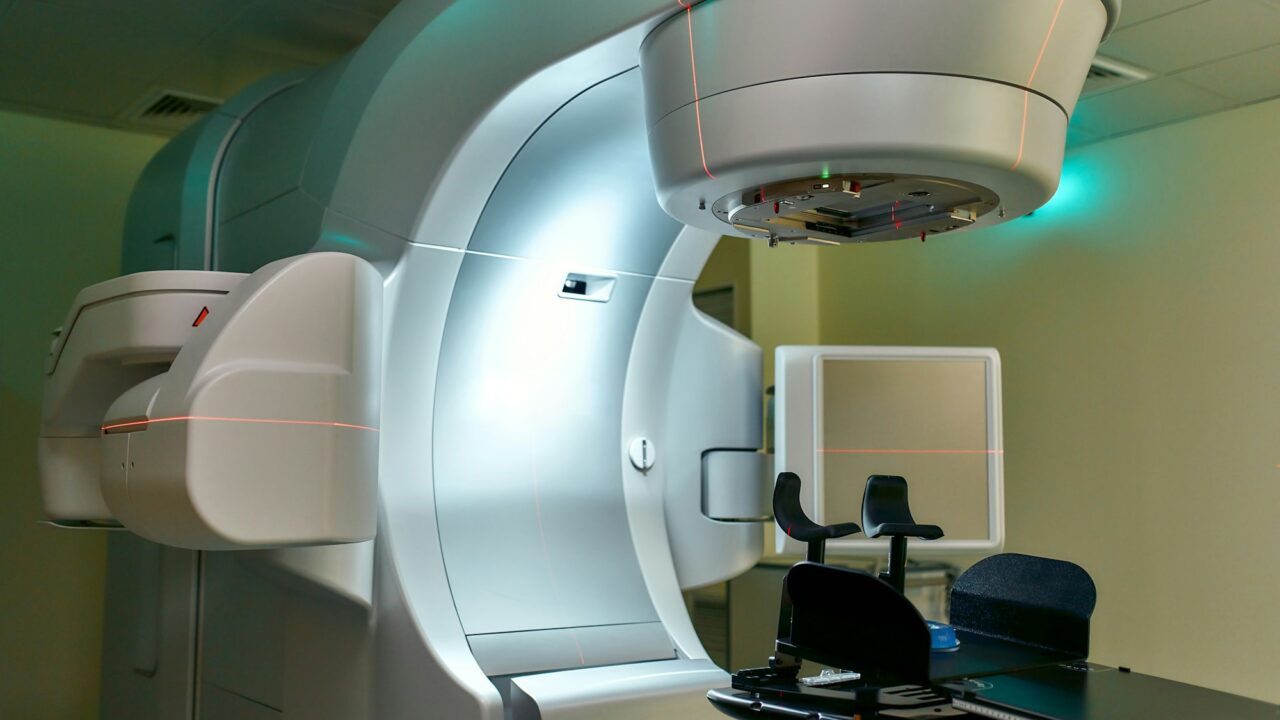Novel therapeutic target may improve pain oversensitivity after nerve injury
Neuropathic pain, a chronic condition resulting from injury or damage to the nervous system, can in some cases lead to allodynia – a condition in which nerves are overly sensitive and cause pain from stimuli that normally wouldn’t hurt. Previous studies have shown that allodynia caused by peripheral nerve injury is associated with an increase in B cells, but their role is poorly understood. To provide insights, researchers led by Peter Grace, Ph.D., investigated the role of B...











